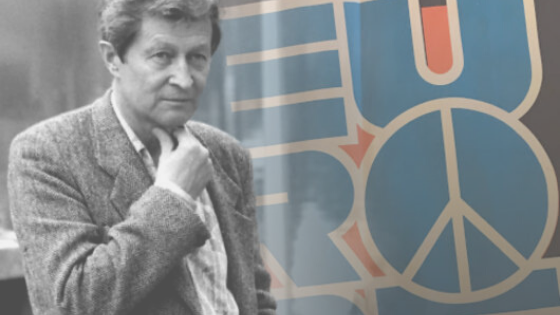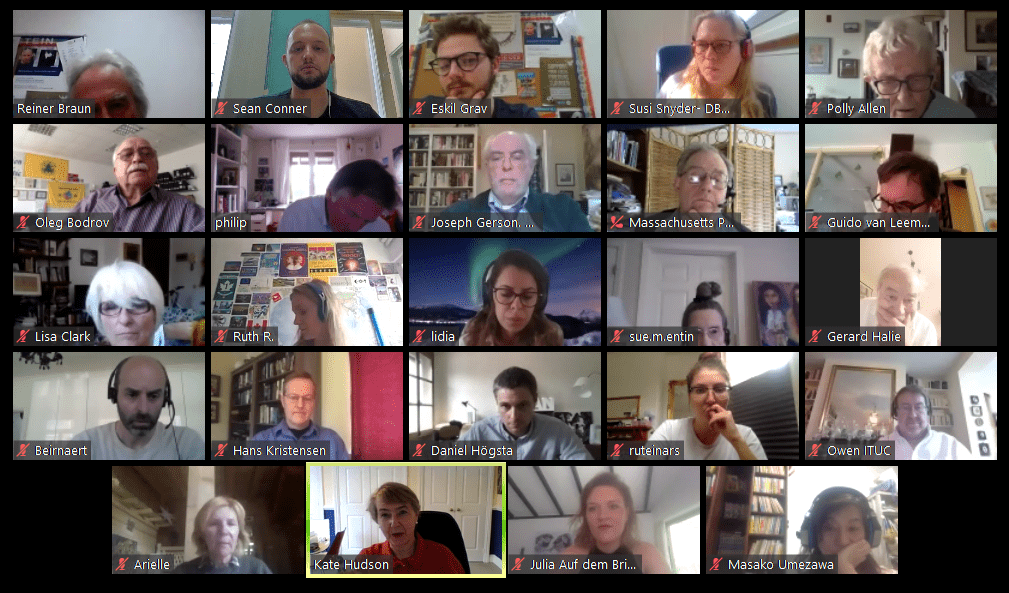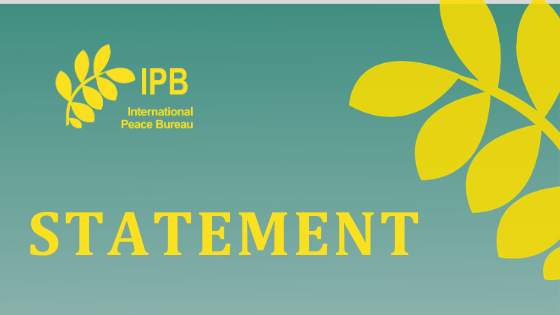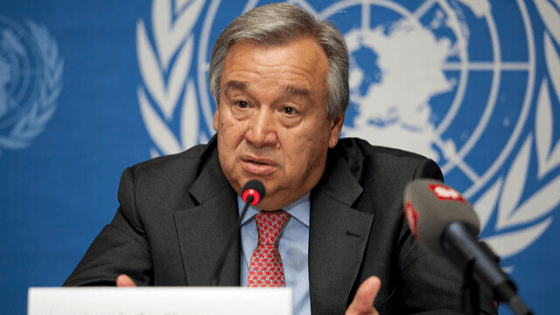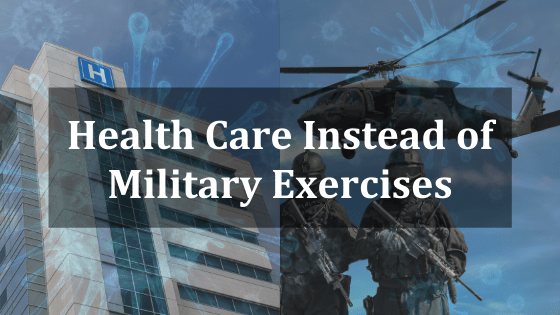Written by Patricia Pérez, Executive Director of ILAPyC and IPB Board Member.
Starting in April 2020, we will begin providing regular updates and a platform for the exchange of ideas and opinions that strengthen our actions for peace and citizenship in the Latin America and Caribbean region.
In this part of the world, there are wars, silent conflagrations, on a daily basis; they are brutal, full of immense pain and fear. Many experience fear and inequality within their families – women, children, and many times the elderly, are cornered by cultural bindings, where the “man” has all the rights and the house and its inhabitants revolve around him, his whims, prejudices, and atavisms.
Everyday wars are fought in society, between violent groups that fight to kill or be killed over coveted territories for their illegal businesses trafficking drugs or people.
These types of wars have been dangerously normalized to the point of turning illicit work into a social status.
It is a matter of pride to own the most modern, latest-generation light arms, modern cars, and fashionable clothing that give one “prestige” and recognition with certain social segments that, without belonging to the criminal gangs, look upon these pathetic traits as an opportunity for social advancement.
It is in these vulnerable sectors of society in Latin America where we act everyday with our commitment and activism for peace and human rights, supporting values and principles to construct citizenship.
Peace and Citizenship are the Objectives for the Region
The Latin American Institute for Peace and Citizenship (ILAPyC) is a tool that seeks to provide education and training in every country in the region in order to provide civil society organizations with the best opportunities for success in their objectives.
Our central headquarters is in Buenos Aires, Argentina, and we have an office in Panama City. We also have representatives in New York that tend to our connections with the UN and ECOSOC and further representation in Miami, Colombia, Costa Rica, Brazil, Spain, and South Africa.
ILAPyC forms part of the extraordinary team of NGOs that develop actions and activism for peace in the extensive Latin American region, uniting forces under the IPB umbrella.
We are proud members of IPB
We feel intimately connected to the principles and objectives of IPB and express our recognition and gratitude for our colleagues who manage the passionate organization that we are proud to be part of.
We in the Latin America and Caribbean region pursue the idea that our founding fathers set in motion in 1891/92 during the Universal Peace Congress that gave form to IPB. The history of great and committed activists and leaders guides us, those such as Bajer, Ducommun, Gobat, and the 13 members of IPB that have won the Nobel Peace Prize.
We are inspired by the memory of Berta Von Suttner, the great Adolf Heilberg, and those that worked hard to bring IPB back to life like Wolf, MacBride, Herz, Santi Booth, McReynolds and the beloved Colin Archer who has worked hard for our region. We owe a special mention to our teacher and guide, Alicia Cabezudo, whose commitment has left a permanent mark on the course of our work every day.
In future updates, we will share stories about what we do, with whom, and what is happening in our area with respect to peace. This will include how we search for strategies for peace and how we use them.
Currently, the Covid-19 pandemic has spread uncertainty over the entire planet. Together, without rejection or discrimination against the infected, taking health precautions, let’s draw on the best of our history. There have been many times that there didn’t seem to be a light at the end of the tunnel and we found one.
I extend a hug to everyone, from the elbow and from the heart.
-Patricia Pérez

